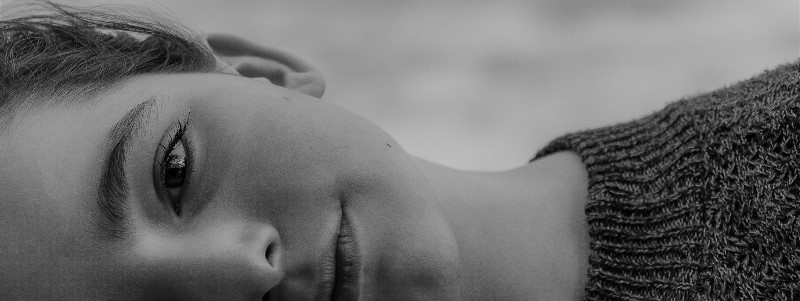How do we bring to mind what is unconscious? Is it important to make this journey? These two questions are central to the therapeutic process of psychological therapy. When we are young we depend on our primary carer’s usually our parents, to hold and contain our emotional needs.
In childhood, none of us have a mature mind to guide us we rely on adults, siblings or our extended social network to help us grow into mature people. Siblings play an important role in our social development our place in the pecking order can determine how we deal later on with competition, rivalry our reaction to authority, etc. This effect can impact on us throughout our lives. Bringing to the conscious mind these experiences can help with regulation of our emotional responses as adults.
Our unconscious can exercise its influence on us leading to destructive patterns in our relationships with family, friends and work colleagues. This is often the primary motivation for people to seek out psychotherapy.
When we are grown up the experiences of childhood can exhort their influence on us leaving us bewildered at our difficulty in managing our emotional responses in everyday situations. It is as if a shadow is caste over us, we are driven by something beyond our control to act out.
Feelings, emotions and experiences from childhood or the accumulation of a long period of small daily undermining by family dynamics or bullying at school can lead to trauma. When we are traumatised, either by an event or the cumulative effect of oppression, our only escape is to detach. This may result in retreating into a fantasy world or addiction, compulsive behaviour or other psychological defenses in order to survive.
The work with the therapist or group on the unconscious allows us to revisit this hidden material. To experience in a safe environment the painful and disturbing events that triggered a defensive psychological response.
This blog to asks more questions than gives you answers. Its aim is to offer you whatever your age, ethnicity or orientation to consider looking at your own journey with greater understanding. You can follow-up this blog by watching a utube webinar “Three Ways of Connecting With Our Unconscious Mind” by Kirsten Heynisch’s, Clinical Psychologist’s description of accessing the unconscious and working with it. This can inform your work with the process of change in Individual or Group Psychoanalytic Psychotherapy.
To enquire about group sessions with Thea Beach, please contact her here, or to view our full clinical team, please click here.
Dorothea Beech is a Group Analyst with many years experience working in the UK and overseas. She worked as A Group Analyst in South Africa as a Lecturer at Cape Town UCT and at Kwa Zulu Natal University in Durban, lecturing on a Masters Program in Group Work. Her MA in Applied research was on Eating disorders. Her interests are in cultural diversity and trans-generational influences on the individual. Thea is available at our Brighton and Hove Practice.
Further reading by Thea Beech
Group Psychotherapy in a post ‘Pandemic World’

Leave a Reply